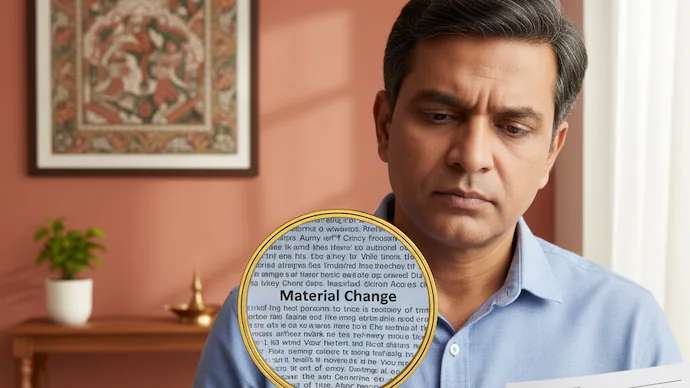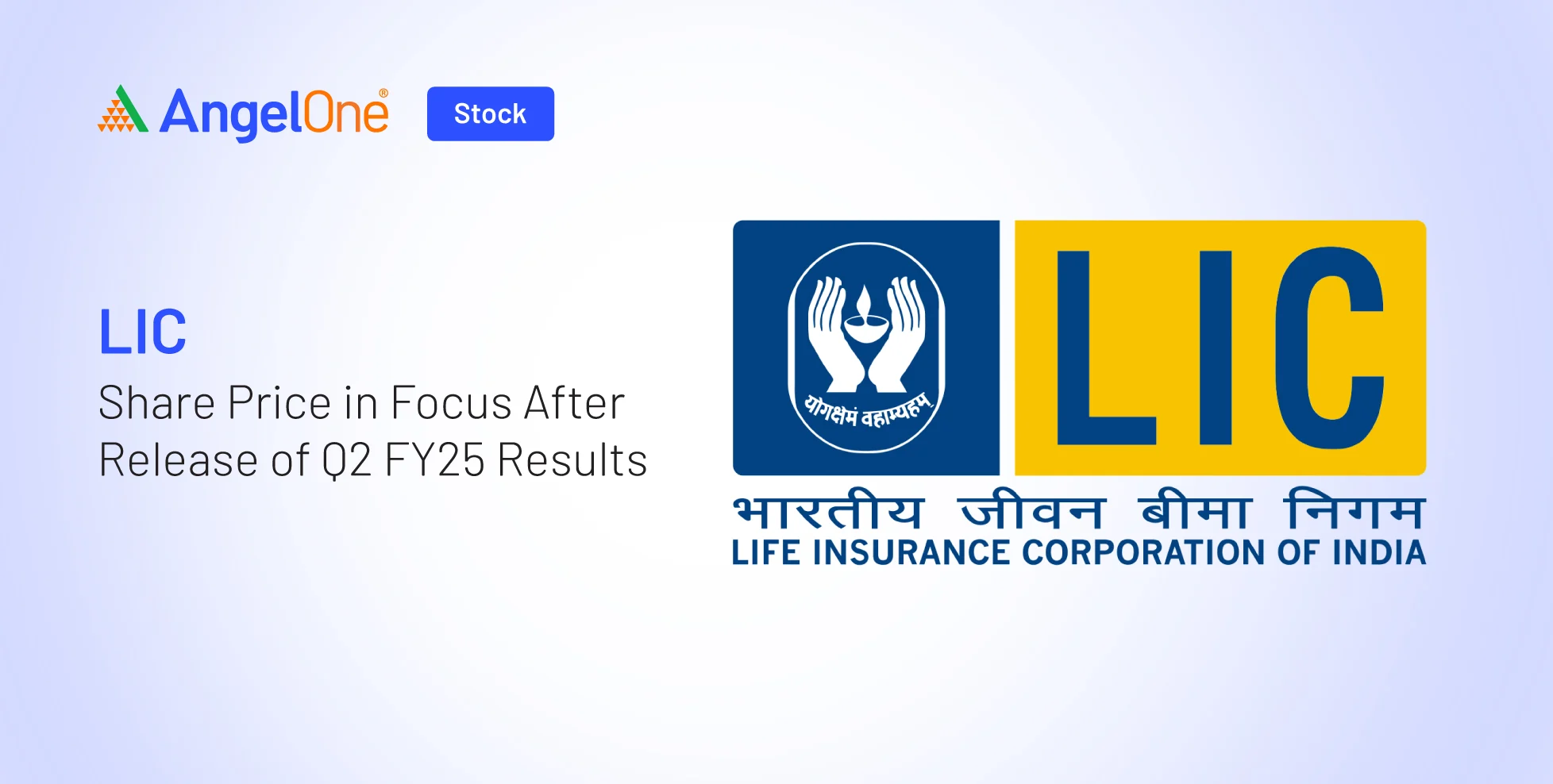Super-Complaint Filed Against UK Insurance Industry: The UK’s insurance industry is facing intense scrutiny after consumer advocacy group Which? filed a rare super-complaint against the sector, targeting serious failures in home and travel insurance. For many policyholders, making an insurance claim is supposed to be a safeguard during distressing events, but Which? argues that the process itself has become more stressful than the incidents that trigger claims.
The complaint highlights a series of cases where insurers initially refused payouts, citing narrow technicalities, confusing definitions, or outsourcing claim handling to third parties. In one example, a woman’s flight to Egypt was turned back due to technical issues, yet her travel insurance refused to cover hotel and transport expenses because the trip had “already started.”
With millions of Britons relying on insurance policies for peace of mind, this intervention could mark a turning point in how insurers are held accountable. The Financial Conduct Authority (FCA) is now legally required to respond to the complaint within 90 days, setting the stage for possible reforms in how claims are handled and policies are sold.
What Is a Super-Complaint?
A super-complaint is a powerful legal tool available to designated consumer groups like Which?. It can only be filed when a practice across an industry is believed to be causing widespread harm to consumers. Once filed, regulators such as the FCA must review the evidence and respond within three months, either by launching an investigation, enforcing stricter rules, or dismissing the complaint if no systemic issues are found.
Which? described this move as a “major intervention”, stating that problems in the insurance market have been “tolerated for too long.”
The Core Issues Highlighted by Which?
1. Poor Claims Handling
- Many insurers outsource claim processing to third-party specialists, causing delays, miscommunication, and denials based on fine-print technicalities.
- Customers report experiences that added stress on top of already distressing situations, such as storm damage or medical emergencies abroad.
2. Misleading and Confusing Sales Practices
- Policy documents often include jargon and exclusions that average consumers struggle to interpret.
- This has led to widespread misunderstandings of coverage, with customers believing they are protected when they are not.
3. Regulator Failures (FCA Oversight)
- Which? accuses the Financial Conduct Authority (FCA) of failing to act despite identifying “a number of failures” in insurers’ practices.
- Independent groups like Fairer Finance also argue that the FCA has been reluctant to push for meaningful reforms.
Real-Life Case Studies
- The Turned-Back Flight: Yvette Greenley’s flight from Luton to Egypt returned after two hours due to technical issues. Her insurer refused a £140 claim for accommodation and transport, saying the holiday had already begun. Only after complaints did the insurer apologize and pay compensation.
- Storm Damage Denial: A homeowner’s claim after Storm Darragh was initially rejected because the windspeed recorded was 2mph below the insurer’s definition of a storm.
- Medical Repatriation Dispute: A woman with a brain injury was told by her insurer to return to the UK against medical advice, sparking outrage from her family.
- Cancer Patients Priced Out: Charities warn that cancer survivors and patients are being priced out of travel insurance, with quotes often so high they are effectively excluded from cover.
Read about: Your Insurance Is 18% Cheaper Now: GST Exemption Brings Relief to Policyholders

Industry Response
The Association of British Insurers (ABI) defended its members, stating that insurers:
- Paid £1.7 billion in home insurance claims in the first half of this year alone.
- Settled over 500,000 travel insurance claims worth £472 million last year.
- Are working with the FCA to raise standards and improve customer outcomes.
A spokesperson emphasized that insurers are committed to handling claims fairly and efficiently, but acknowledged that engagement with Which? will be necessary to address consumer concerns.
Why This Complaint Matters
- Scale of Impact: Over 30 million households in the UK hold buildings and contents insurance, with millions more buying travel cover annually. Failures in these sectors affect vast numbers of people.
- Acceptance Rates Vary Widely: While 99% of car insurance claims are upheld, only 63% of buildings insurance and 80% of travel insurance claims succeed.
- Regulatory Pressure: The FCA now faces pressure to crack down on vague policy wording, poor claims management, and unfair exclusions.
Conclusion
The Which? super-complaint signals a potential watershed moment for the UK insurance industry. While insurers emphasize that billions are paid out each year, the stories of unfair rejections, unclear policy terms, and regulator inaction reveal deep structural issues.
For consumers, the complaint validates years of frustration, highlighting that even those who diligently pay premiums often struggle when it comes time to claim.
If the FCA takes strong action, the industry could see reforms in claims handling, policy transparency, and oversight standards — giving customers the fair treatment they expect.
Ultimately, the super-complaint is more than a technical process: it’s a fight for trust and accountability in an industry millions depend on.
Until reforms are enacted, consumers are advised to scrutinize policy documents carefully, compare insurers, and document all claim interactions to strengthen their position in disputes.
Also read: Kia EV4 Review: The Hatchback EV That Blends Comfort, Range, and Style
FAQs of Super-Complaint Filed Against UK Insurance Industry
1. What is a super-complaint and why is it important?
A super-complaint is a formal action that only designated consumer bodies like Which? can file. It’s used when widespread consumer harm is identified across a sector. Regulators are legally obliged to respond within 90 days, making it a rare but powerful tool for reform.
2. Why did Which? target home and travel insurance?
Which? found evidence of serious failings in these sectors, including poor claims handling, misleading sales practices, and unfair exclusions. While car insurance claims are mostly upheld, home and travel policies often leave consumers unprotected when they need cover the most.
3. What kinds of cases were cited in the complaint?
Examples include:
- Denied claims for cancelled holidays when flights were turned back.
- Storm damage rejected because winds didn’t meet strict insurer definitions.
- Cancer survivors being priced out of travel insurance.
These stories reflect systemic issues rather than isolated incidents.
4. How has the insurance industry responded?
The Association of British Insurers defended its record, pointing to billions in claims paid each year. However, it acknowledged the concerns raised and committed to working with the FCA and Which? to improve outcomes for customers.
5. What happens next?
The FCA must respond to the complaint within 90 days. This could lead to new regulations, enforcement actions, or further investigations. Consumers should watch closely, as the outcome may directly impact policy wording, claims processes, and their rights when disputes arise.






